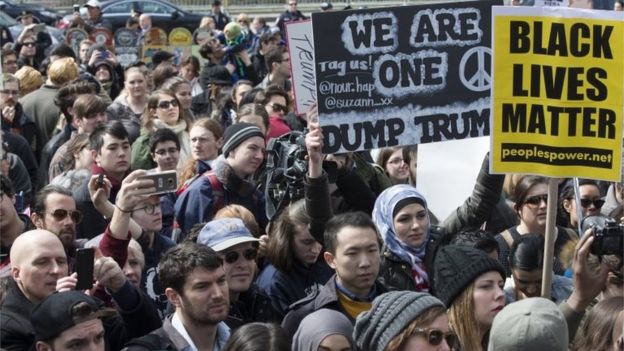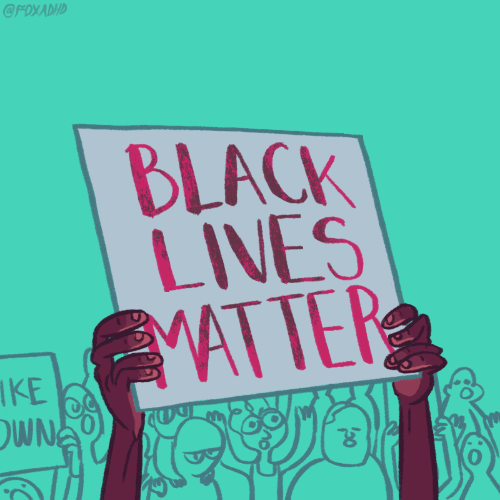
Upon revisiting my first blog post I have noticed that my concept of where empire is apparent in the present has greatly changed. When I first began humanities core I viewed empire as something that was only present in businesses such as monopolies or in systems such as education that reign over us. However, I have come to realize that the empires we often discuss in history classes indeed do have “ruins” or influences that continue to reign over us today. As such, the past continues to affect the present through tools such as language. The English language in the United States can be viewed as a tool of empire that reigns over the people emitting control, influence, and power.

I have learned that language is a tool for establishing power over people in an empire and this is evident in today’s society through the use of the English language. In California for example, there are people of various ethnicities and so various languages are spoken. Language is used by these people as a form of connecting with their culture even while in the United States. However, in the school setting English is primarily spoken and so the students must conform to the US empirical power. Language can then be seen as a tool for the US to establish their reigning influence on people of so many different ethnic backgrounds.
The use of the English language can also further be seen as a ruin of past empires that continues to reign over the empires of the present. The English language in the United States can be viewed as a reminder of the British rule that reigned over the founders of the United States, and arguably continues to reign over the US today. The reign of language can then be seen as the empirical ruins that continue to reign over the United States from their former ruler. Language is a tool of empire that is used to establish reign and control and is often a ruin or reminder that a previous empire once existed.

The English language can also be viewed as a tool of power for those under US control. The ability to speak out against injustices and to be heard comes from the use of the English language. Often when people rally to protest, they deliver speeches in the English language and in this way influence others. The message of their words such as the “Black Lives Matter” movement begins to resonate with the American people. The English language then gives people a platform to resist empirical rule and to establish their own sense of power. The English language can then be seen as a tool for empire that transmits power to both the rulers and those who are ruled.











































